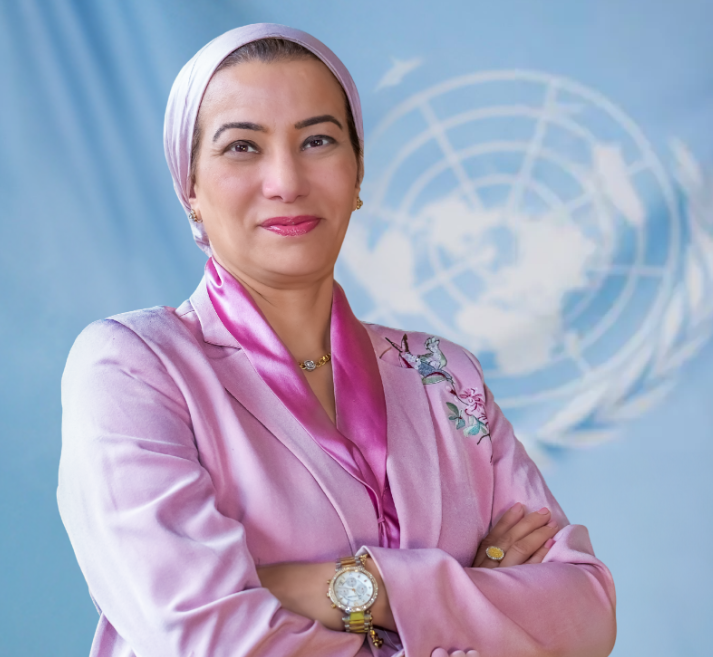Plenary-Human rights to water and sanitation-Leaving no one and no place behind
Summary
This plenary will exchange experiences and lessons on how national governments, local authorities and water and sanitation operators are translating human rights to water and sanitation into action across the globe. Through Resolution 64/292 of 28 July 2010, the UN General Assembly explicitly recognizes the human rights to water and sanitation and acknowledges that these rights are foundational to human dignity and are closely linked to other rights such as the right to health, housing, and an adequate standard of living.
Delivering water and sanitation services is often a devolved function, making it the direct responsibility of local or sub-national governments, while national governments retain roles in policy, legislation and regulation and overall accountability for human rights. Local governments and water and sanitation operators are, therefore, uniquely positioned to manage and deliver water and sanitation services that are responsive to local needs of consumers, context-specific, and accountable due to closer proximity to communities. Part of this role is administrative and focused on delivery and there is usually also substantial local responsibility for management decisions and strategies that are of a more policy nature. This makes local governments and water and sanitation operators critical frontline actors in translating human rights to water and sanitation into everyday reality. By integrating human rights principles into service planning and delivery, local governments and water and sanitation operators play a direct role in reducing inequalities, improving public health and promoting inclusive development.
Human rights to water and sanitation are essential for the realization of many other human rights, including the right to life and the right to adequate housing. The plenary will facilitate exchange and learning on the role of water and sanitation operators in operationalizing the right to adequate housing. For housing to be considered adequate, it must, at a minimum, have essential services such as safe drinking water and adequate sanitation alongside security of tenure, affordability, habitability, accessibility, location and cultural adequacy. Discussions will focus on the integration of water and sanitation into housing policies and legislation to ensure dignified living conditions, especially in informal settlements and underserved communities. The plenary will also explore how gender inequalities impact negatively on the fulfilment of the human rights to water and sanitation.
Objectives
Specific objectives of the session include to:
Highlight the critical frontline role of water and sanitation operators in realizing the human rights to water and sanitation.
Share practices on benchmarking and objectives for human rights based approaches to water and sanitation and how these may be monitored and communicated.
Exchange experiences and lessons on how water and sanitation operators are translating human rights to water and sanitation into reality across the globe.
Explore what institutional and financial support, capacity building and policy alignment are required by operators to fulfil the human rights to water and sanitation obligation.
Facilitate exchange and learning on the role of water and sanitation operators in operationalizing other human rights linked to water and sanitation such as affordable housing.
Explore how gender inequalities impact negatively on the fulfilment of the human rights to water and sanitation.
Partners
Session panelists
 Ms. Anna Calvete Moreno
Ms. Anna Calvete Moreno
 Mr. Pedro Arrojo-Agudo
Mr. Pedro Arrojo-Agudo
 Ms. Thembi Simelane
Ms. Thembi Simelane
 Mr. Vivek Raman
Mr. Vivek Raman
 Ms. Yasmine Fouad
Ms. Yasmine Fouad
 Mr. Thomas Odongo
Mr. Thomas Odongo
 Participate Online
Participate Online
 Add to Google Calendar
Add to Google Calendar